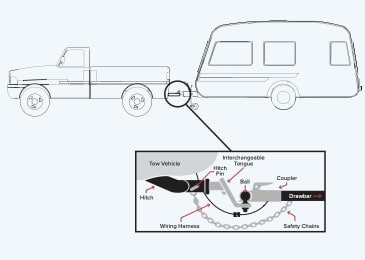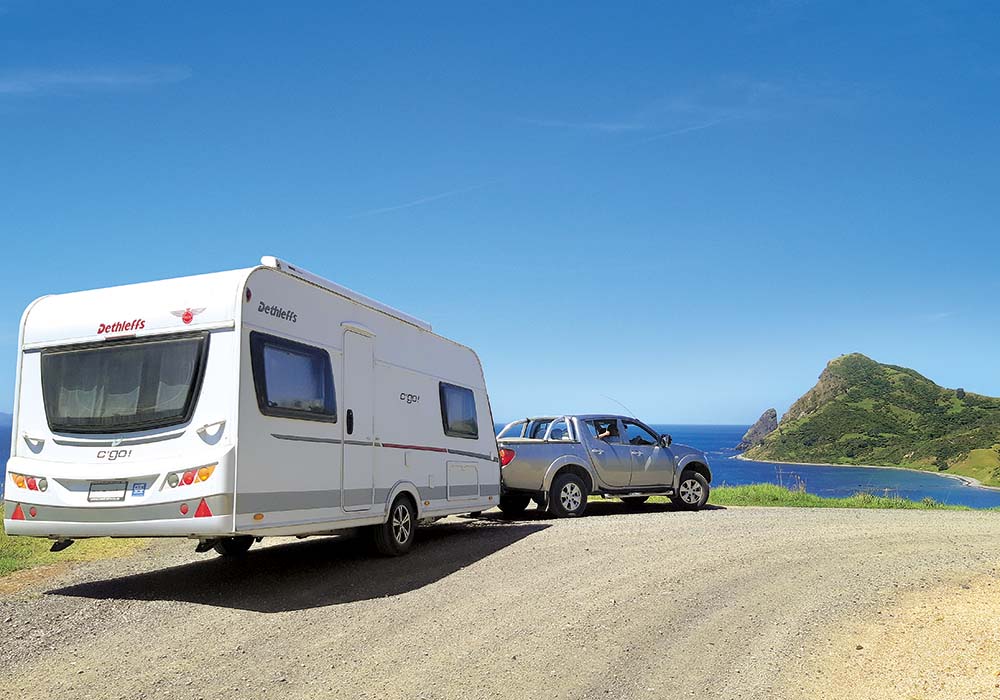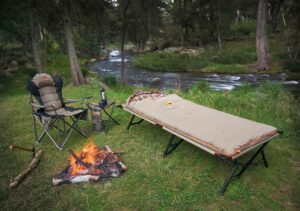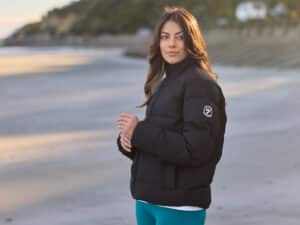As caravanning gains in popularity, it’s timely to look at the basic tasks of towing and hitching – and how to avoid costly mistakes.
New Zealanders’ appetite for adventure knows no bounds, so it’s little wonder people are attracted to the freedom that owning a caravan brings. But getting to grips with the nitty gritty of towing and hitching can be challenging – and getting it wrong can be expensive.
To help make your caravan journey safe and enjoyable, we’ve put together some practical tips from industry experts and the team at Covi NZMCA Insurance.
Selecting a tow vehicle
Many factors will determine whether your tow vehicle and caravan will combine well to provide smooth handling and more importantly, safe towing.
Brent Thurlow, manager of Taupō-based caravan dealership Central RV, says most buyers look at things like size, price, internal features and decor, but never take the caravan they are looking to purchase for a test tow, which he says is a mistake.
“You can do as much research as you like online, but really the most important thing you can and should do is take it for a test tow at the dealership,” he explains.
A lot of people use Toyota Landcruisers or Ford Rangers, but the caravan itself is a big factor in how it tows – it’s not just about the tow vehicle.
“Some companies don’t allow that, so it’s hard for customers to know what handles nicely (when being towed by a particular vehicle) and is safe, and what isn’t,” says Thurlow. A buyer needs to look beyond the towing capacity as that’s just one aspect.

Tow bar types and hitches
Jayco Canterbury manager Tony McWhirter says simple things make a huge difference, such as ensuring the tow bar and caravan hitch are at the same height. You can achieve a more even level with an interchangeable tongue (within limits). Although not common in New Zealand, tow stabilisers (or stability bars) are also available, if you are getting a lot of swing.
The loaded weight of the caravan is a key consideration, as is the weight of the vehicle you’re towing it with – including all luggage and passengers. A Ford Ranger has a 3.5-tonne tow-rating and 10 percent of that rating is what’s able to be put on the downforce tow ball, whereas in some European SUVs that’s only 5 percent, and that has caught a few people out!
It pays to remember that 10 percent of the weight of the caravan goes onto the drawbar. It’s transferred through the suspension of the tow vehicle, so the strength of its suspension is also a factor. Some vehicles just don’t tow well, so do your research and ask the caravan dealer for a tow test. You want to ensure you’re not driving something that simply isn’t a good match.
Jayco use a short-shank 50mm tow ball, rather than the European-style high-rise tow ball.
Safety chains/cables
A breakaway and relative brake-controller is essential, mandated by law for caravans with electric brakes. While not legally required, most caravans also come with safety chains. This can be draw-bar mounted if it’s a 1.5-2.5-tonne unit, but must be an in-cab control system if it’s over 2.5 tonne.
Safe weight distribution
McWhirter and Thurlow agree that proper weight distribution in any caravan is essential. Although technology can slightly mitigate the effect of an uneven load, the age-old practice of ‘spreading the load evenly’ applies before making any trip. “We recommend loading the vehicle and caravan, and actually going to a weigh station at the dump and checking your total weight. If you’re over 6 tonnes then you should be getting a Class-2 driver’s licence,” says McWhirter.
Driving techniques
It’s crucial for novice caravanners to drive defensively. They should expect non-towing drivers to overtake them, quite possibly without 100 metres of clear road ahead of them on straight sections, and even when approaching corners. Your vehicle will handle, steer, brake and react very differently when towing a caravan!
Sway control (ESC systems)
These are getting pretty advanced. The latest Jayco caravans have a Lippert version with Gyro-Plus in the calorimeter. This applies minute adjustments to the brakes when the sensors are getting ‘out of square’, and instantly straightens you up. But again, there is no substitute for careful driving technique and expecting the unexpected on the road.
Accidents do happen
Covi NZMCA Insurance Manager Ryan Lewis says they see a lot of claims from new caravan owners – especially damage done while reversing or moving at low speeds. He says drivers should take any additional precautions they can.
“We see so many accidents that involve caravans hitting static objects. Often these situations are avoidable by simply taking more time or care. If you are able to, then take the opportunity for somebody to get out of the vehicle and guide the driver,” Lewis says.
“These accidents often happen at home, at the end of a trip when people are tired, and often in a newer, unfamiliar vehicle.
“If an accident happens, the Covi team are just a phone call away. But of course, you want to do everything you can to minimise the possibility. Any claim will involve waiting for parts to arrive and waiting for the workshop to do the repairs, so it’s well worth your while taking that extra care.”
As a specialist RV insurance provider, Covi NZMCA Insurance understands the unique needs of motorhome and caravan owners. Covi’s policy is designed with RV travel in mind. That means you can have peace of mind knowing that your RV is protected, and if you do need to make a claim, the process will be handled by a Kiwi team who understand RVs. If you’d like to know more about Covi NZMCA Insurance and their comprehensive cover, visit covi.co.nz or call their team on 0800 805 965.






